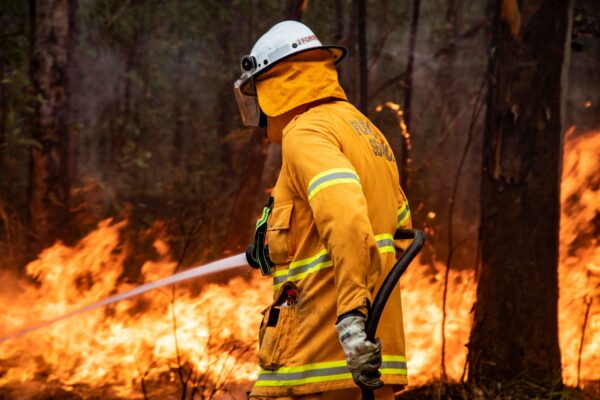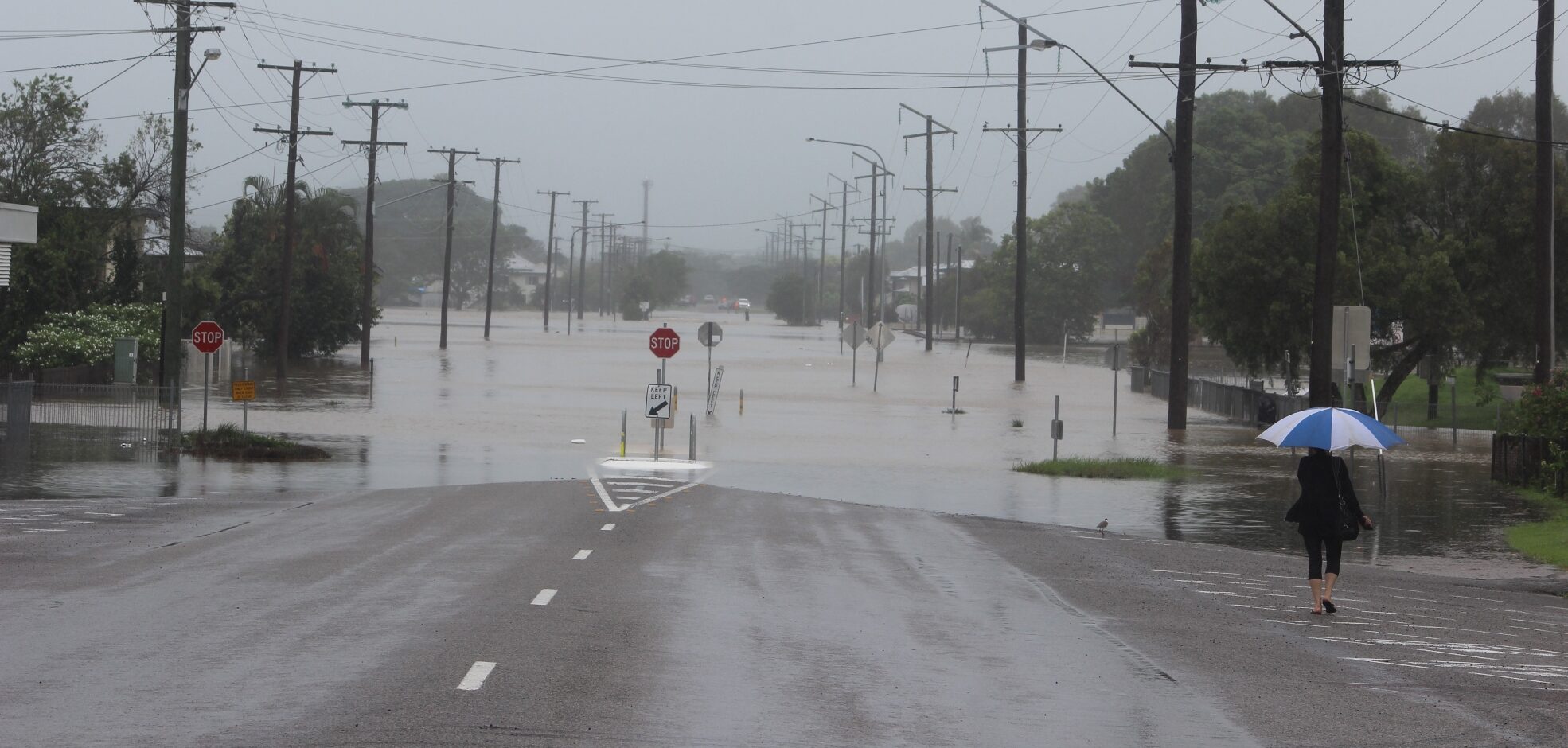“I don’t see our major political parties (are) brave enough to make the decisions that the majority of Australians would support or at least not oppose,” he says.
“They require, in my opinion, a real commitment to ending our reliance on fossil fuels.”
The northern NSW grazier doesn’t understand why the link between fossil fuels and climate change has become so debated.
“Anybody with a brain knows that that the problems that we’re encountering now through climate change, which are getting exponentially worse, are fuelled by the burning of fossil fuels,” he says.
“We have a society that’s handcuffed to the fossil fuel industry by virtue of their funding and lobbying impact on our major political parties.
“I want to see one of those major parties back their rhetoric and say we actually will make a commitment to reducing our impact on our on the world’s climate.”
And he says there is a simple way to do that.
“No more fossil fuels, right? We draw a line in the sand. We’re not going to approve any new coal mines. We’re not going to approve any expanded coal mines. We’re not going to approve new gas projects.”
He points out that any gas shortage is due to politics and the market: “There’s no physical shortage of gas if we do need gas to carry us through this period.
“It just requires bold effective government to make decisions that have my grandkids’ future at the heart of what they decide.”
WATER SUPPLIES
He also says there is a very real threat to water reserves that needs to be discussed in public more.
“What doesn’t get talked about enough, from my perspective, is the real threat to our water reserves in what is a very dry country. We’re risking we’re risking our aquifers to produce gas that we don’t need,” he says.
“That’s an absolute that’s a crime against humanity for which for which this generation should be held accountable.”

INSURANCE
He also believes a parallel issue that needs greater public discussion is insurance.
“I want our governments to acknowledge that our society has got to pay the cost of the destruction that’s been wrecked by these natural disasters worldwide.”
He says for the first time, most of his property assets are not insured and not when Tropical Cyclone Alfred passed through.
“It’s the first time I’ve ever in my life not had the majority of my assets insured. I haven’t had them insured because I simply couldn’t afford the premiums,” Lake explains.
“So, we sat down and made a decision that from now on we’re just going to carry the risk. If any of our farm infrastructure — from tractors to sheds, to fodder, to fences — gets destroyed, we’re just going to deal with that ourselves.
“We’ve insured our house and that’s about it, right? We don’t even insure our contents anymore.”
“I want our governments to acknowledge that and I want them to address it because society is going to bear that cost. We are going to bear that cost.”
He wants insurance available at lower prices – or to compensate those directly affected by the impact of climate change.
He says the impact of overseas disasters such as bushfires in Hawaii is also being felt by them through the costs of reinsurance.
NOT NORMAL
He also offers a telling insight into life on the farm.
“We live in flood country where we have systems to cope with those but we’ve discovered now is that what we thought was normal is no longer,” Lake says.
“It’s just completely unpredictable, which means that we can’t plan. I can’t tell you what I’m going to be doing in six months’ time.”
Lake goes on: “I don’t know what the environment’s going to throw at me. Is it going to be dry or wet? And if so, how? That could be good news or bad news. It’s just become it’s become difficult and the suddenness of the way things change.”
He says his farm hasn’t had a crop since winter 2020.
“We’ve attempted a few times. We’ve stuck a crop in the ground and it’s either been flooded or it’s just not coming out of the ground because it’s been too dry.”
“The last crop we harvested was in September 2020, which was oaten from that winter crop of that season. We had a good season. We made a lot of pasture hay and that’s what carried us through the 2022 floods.”
He says since then they have to buy fodder to feed their cattle which they did ahead of TC Alfred.
REBUILDING
He says given the stress of rebuilding after disasters, he decided to change the way the farm operates so they subdivided the property into smaller paddocks.
“Now that’s been at an enormous capital cost, of course, but putting that aside, there’s also the issue that from a practical sense, we now had to change how we how we operate.
“When we had fewer, larger paddocks, the facilities that we needed were there for cattle. For example, a lot of our smaller paddocks now don’t have shade.”
He says they have been planting more trees to create shade for cattle but that is more long-term and costly.
“In really hot periods that we’ve had this season, it’s restricted the way we can even use our new grazing system because we simply can’t leave cattle in those paddocks without access to shade in another paddock,” Lake explains.
It’s made the operation less efficient. Because of our changing climate, we’ve had to change how we operate but now we’ve got to evolve to where it actually works sweetly.
“That’s the biggest impact that we’ve really noticed.”
TOMORROW: politicians keen to take a chainsaw to weather forecasting






